hv = heroic victory
v = clear victory
ad = average defeat
d = clear defeat
cd = close defeat
Factions destroyed :
- Illyria
- The kingdom of Macedon
- Gaul
- The Greek Cities
Illyrian casualties : 757 men
Roman casualties : 62 men
Average kill ratio : 12.2 - 1
Macedonian casualties : 5316 men
Roman casualties : 1598 men
Average kill ratio : 3.3 - 1
Macedonian ships sunk : 0 ships
Roman ships sunk : 0 ships
Gaul casualties : 1489 men
Roman casualties : 297 men
Average kill ratio : 5.0 - 1
Greek casualties : 1782 men
Roman casualties : 280 men
Average kill ratio : 6.4 - 1
Greek ships sunk : 5 ships
Roman ships sunk : 1 ship
Thrace casualties : 8965 men
Roman casualties : 1489 men
Average kill ratio : 6.0 - 1
Carthage casualties : 1846 men
Roman casualties : 1103 men
Average kill ratio : 1.7 - 1
Carthage ships sunk : 9 ships
Roman ships sunk : 1 ship
Ptolemy casualties : 1544 men
Roman casualties : 260 men
Average kill ratio : 5.9 - 1
Ptolemy ships sunk : 8 ships
Roman ships sunk : 2 ships
Seleucid casualties : 1376 men
Roman casualties : 582 men
Average kill ratio : 2.4 - 1
Rebel casualties : 705 men
Roman casualties : 225 men
Average kill ratio : 3.1 - 1
Rebel ships sunk : 1 ship
Roman ships sunk : 0 ships
Total enemy casualties : 23780 men
Total Roman casualties : 5896 men
Average kill ratio : 4.0 - 1
Total enemy ships sunk : 23 ships
Total Roman ships sunk : 4 ships






 Reply With Quote
Reply With Quote

























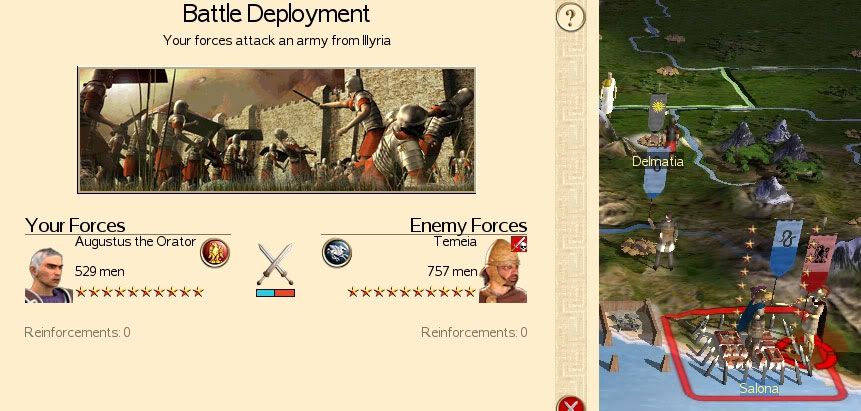
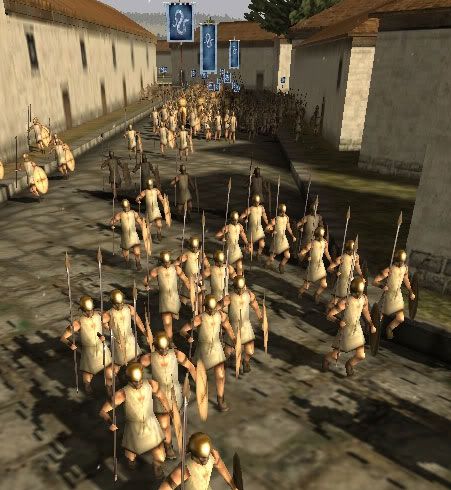
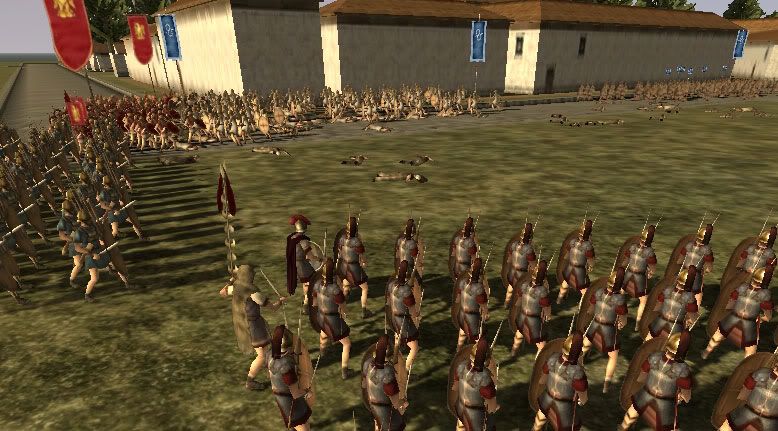
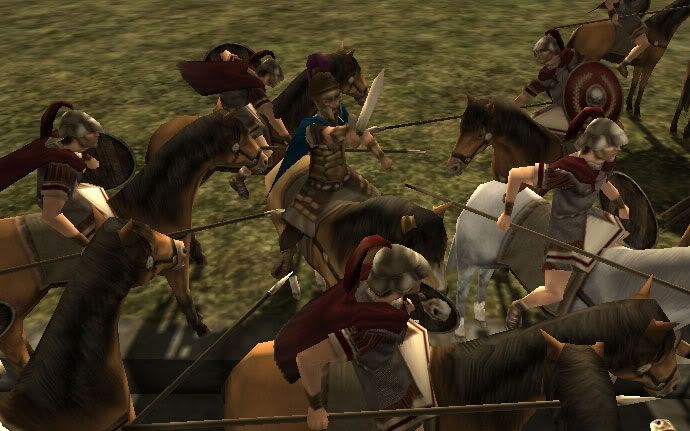
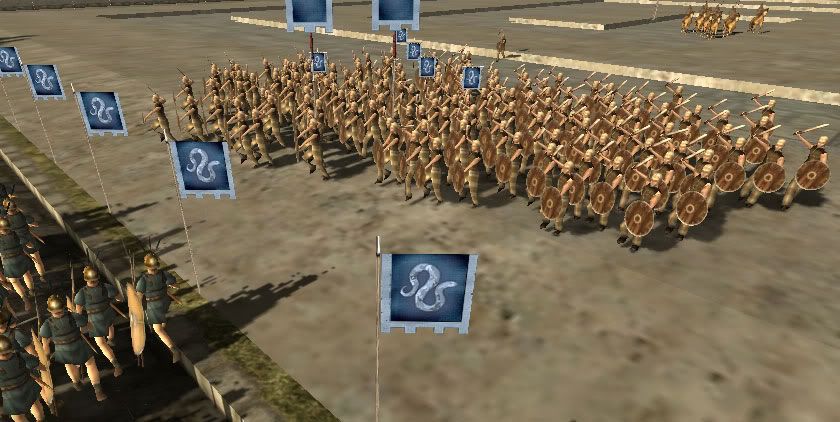
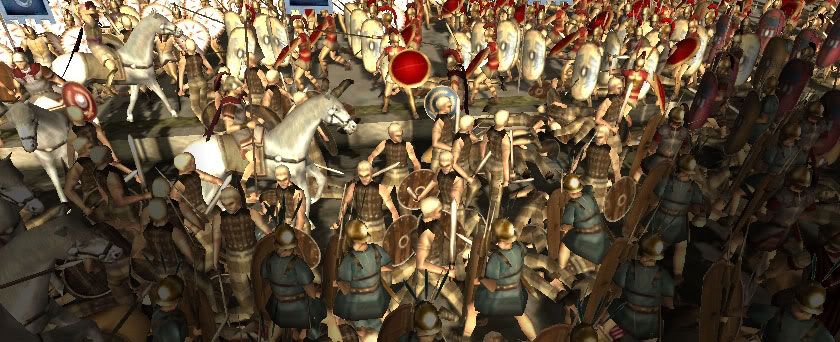
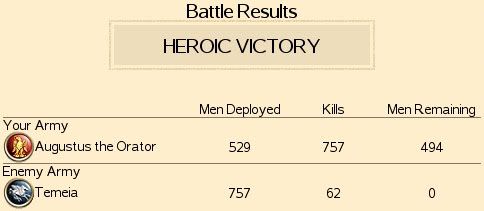

































Bookmarks